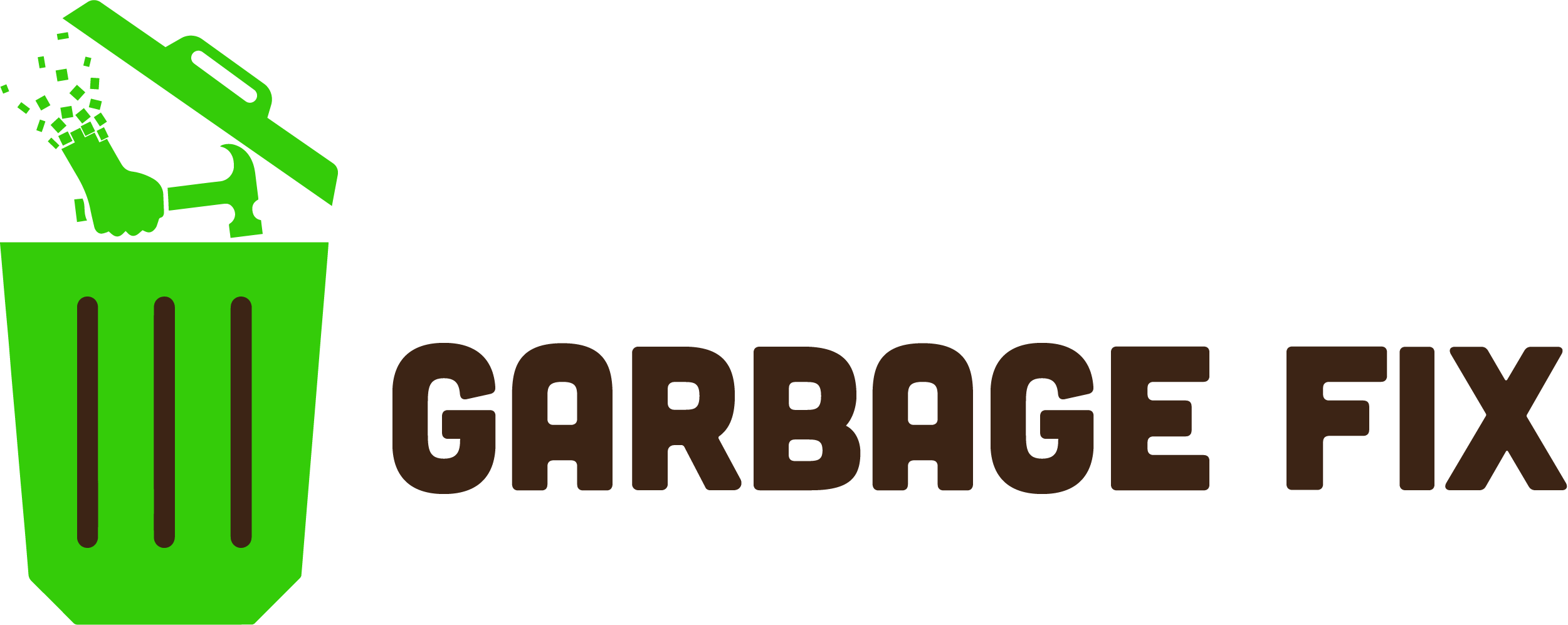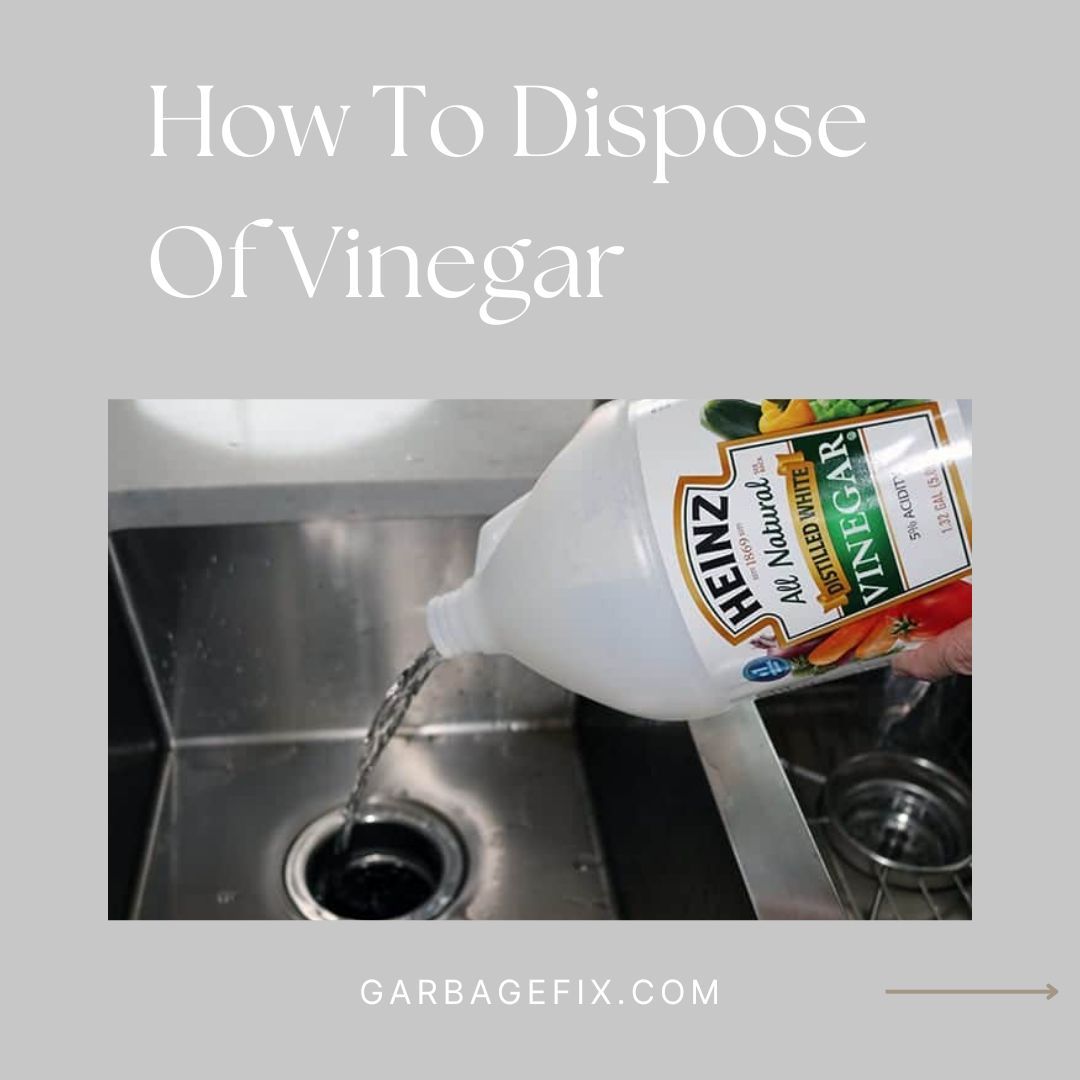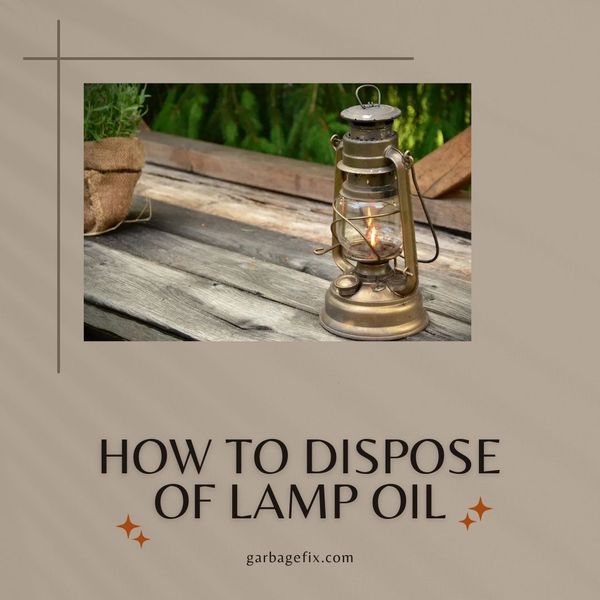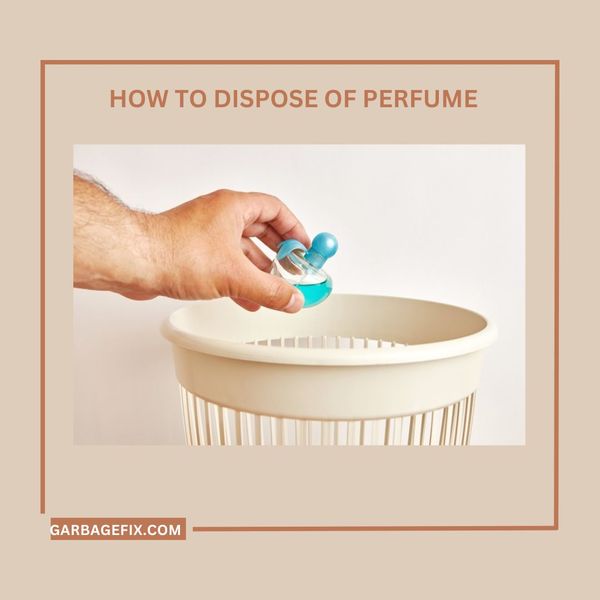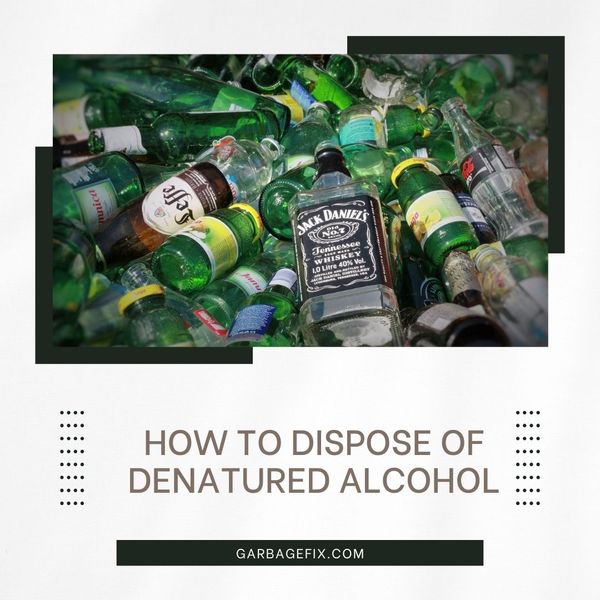In this guide, we'll explain why it's important to dispose of vinegar properly and show you how to do it safely. We'll discuss different methods, such as using it in our gardens or recycling bottles. By following these steps, you can reduce the environmental impact of vinegar disposal and contribute to a greener future.
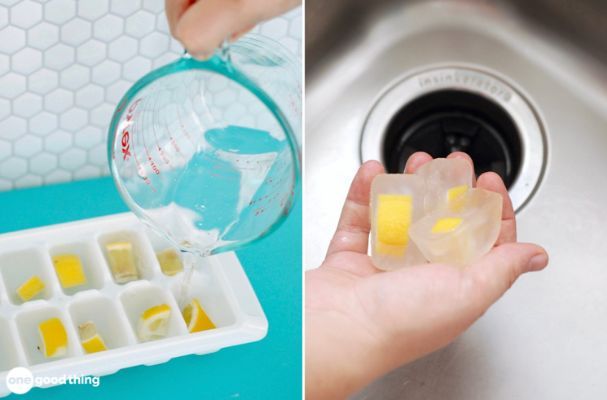
How To Dispose Of Vinegar? - Safe Methods
Disposing of vinegar properly by following the methods below can make you perfect in disposing of vinegar safely and responsibly, minimizing its environmental impact.
Household Drain Disposal
- Dilution Method: Mix vinegar with a large amount of water before pouring it down the drain. It reduces acidity and prevents any harm to pipes or sewage systems.
- A 1:10 vinegar-to-water ratio is typically safe.
- Caution with Septic Systems: Be mindful if you have a septic system. While small amounts of vinegar are usually safe but excessive use can disrupt the balance of beneficial bacteria in the tank. Use sparingly.
Garden and Yard Use
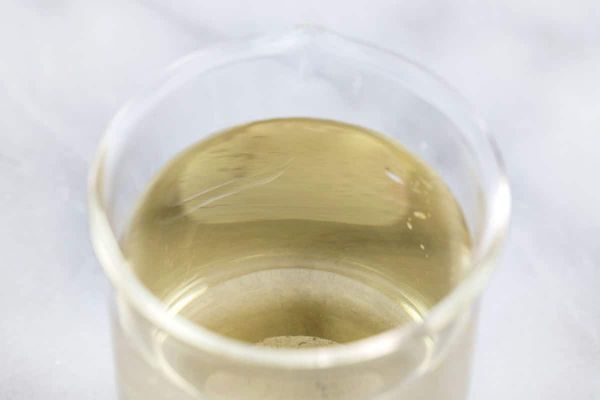
- Composting: Vinegar is a natural, organic substance that can enrich your compost pile.
- Add it in moderation to help balance the pH levels and break down organic matter.
- Fertilizing Plants: Dilute vinegar with water (1:8 ratio) . It is recommended to use it as a natural fertilizer for acid-loving plants like azaleas and rhododendrons.
- Avoid using on plants that prefer alkaline conditions.
Recycling Vinegar Bottles
- Rinse the empty vinegar bottles thoroughly to remove any residue.
- Check local recycling guidelines to recycle with glass containers or not.
- Proper recycling reduces waste and conserves resources.
Hazardous Waste Collection
- Contact your local waste management or recycling center and ask about their hazardous waste disposal programs.
- Many communities have special collection days dedicated to household hazardous waste, including vinegar. Reach out to find out when these events are held.
- If you have unused or expired vinegar, make sure to dispose of it properly through the designated programs.
- In case your local area doesn't offer any programs, you can search for regional collection events or disposal facilities that accept household hazardous waste. They may be able to assist you with vinegar disposal.
When you are disposing of vinegar properly, it's important to troubleshoot common issues to ensure a safe and sustainable process. Here are some solutions to common problems you may face during disposing of:
Problem: Vinegar Smell Lingers in Drain
Solution: If you notice a lingering vinegar smell in your drain, here are the remedies:
- Flush with Water: Run hot water for a few minutes to help wash away the vinegar smell.
- Use Baking Soda: Sprinkle some baking soda down the drain, followed by vinegar. The mixture will create a fizzing reaction that can neutralize odors.
- Citrus Peels: Tossing citrus peels like lemon or orange down the drain and running the disposal can leave a fresh scent.
- Drain Cleaner: If the smell persists, consider using a commercial drain cleaner according to the product's instructions.
Problem: Vinegar Affects Soil pH
Solution: If vinegar is need to be used in your garden and notice a change in soil pH, here's what you can do:
- Monitor pH: Regular test of your soil's pH to ensure it remains within the ideal range for your plants.
- Add Lime: If the soil becomes too acidic, add lime to raise the pH. Follow the recommended guidelines for the type of lime and application rates.
- Adjust Watering: Modify your watering routine to help leach excess acidity from the soil gradually.
- Choose Acid-Loving Plants: Consider planting acid-loving plants where vinegar has been used, as they thrive in more acidic conditions.
Problem: Uncertain About Recycling Vinegar Bottles
Solution: If you're unsure about recycling vinegar bottles, follow these steps:
- Rinse Thoroughly: Empty vinegar bottles should be rinsed thoroughly to remove residue.
- Check Local Guidelines: Consult your local recycling guidelines or contact your recycling center to confirm whether they accept glass vinegar bottles.
- Separate Lids: Before recycling, remove plastic or metal lids from the bottles, as they may need to be recycled separately.
Problem: No Local Hazardous Waste Collection
Solution: If your area doesn't have a local hazardous waste collection program, you can consider these alternatives:
- Regional Events: Check for regional or periodic hazardous waste collection events in nearby towns or cities.
- Private Disposal Services: Some private companies offer hazardous waste disposal services. Research and contact them for more information.
- Community Initiatives: Explore community initiatives or environmental organizations that may organize disposal days or provide guidance on safe disposal methods.
Following these troubleshooting solutions, you can ensure you dispose of vinegar properly without any unexpected issues. Remember to prioritize safety and environmental sustainability throughout the process.
Why Dispose of Vinegar Properly?
Dispose of vinegar properly for these important reasons:
- Protect the Environment: Pouring vinegar down the drain can harm water systems and aquatic life. Proper disposal ensures it doesn't harm our planet.
- Safety: Undiluted vinegar can irritate the skin and eyes. Disposing of it safely prevents accidents and injuries.
- Legal Compliance: Many places have rules for disposing of household chemicals. Following them avoids fines and legal issues.
- Resource Conservation: Recycling vinegar bottles conserves resources and reduces waste.
- Community Responsibility: Setting a good example by disposing of household items properly promotes eco-friendly practices in your community.
FAQs
Can I pour rusty vinegar down the drain?
It's not recommended to pour rusty vinegar down the drain. Rust can contain harmful chemicals, and vinegar might not be enough to neutralize them. Disposing of rusty vinegar through local hazardous waste programs or following proper disposal guidelines to ensure it doesn't harm your plumbing or the environment is safer.
Can vinegar be recycled?
Yes, vinegar bottles can often be recycled. To recycle them, make sure the bottles are empty and rinse them thoroughly to remove any residue. Check your local recycling guidelines to confirm that glass vinegar bottles are accepted, and remember to separate any plastic or metal lids for separate recycling if needed. Recycling vinegar bottles is a sustainable way to reduce waste and conserve resources.
Does vinegar damage sink?
Vinegar can damage sinks if used excessively or in a concentrated form. The acidic nature of vinegar can harm certain sink materials like natural stone or porcelain. If you want to prevent damage, it's advisable to dilute vinegar with water and avoid leaving it for extended periods.
When should vinegar be discarded?
Vinegar should be discarded when it becomes discolored, develops an off or unpleasant odor, or has passed its expiration date. If you notice any mold or unusual growth in the vinegar, it's best to dispose of it immediately. Properly stored and sealed vinegar can have a long shelf life. We recommend these signs indicate it's time to replace it with a fresh bottle.
